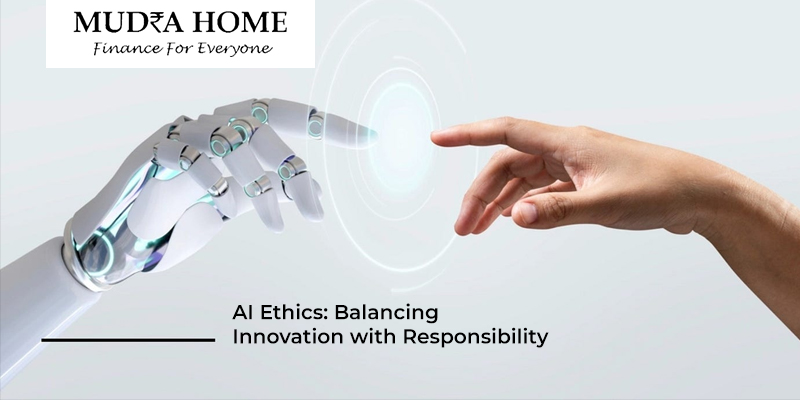
Artificial intelligence (AI) is rapidly transforming our world, from powering self-driving cars and revolutionizing healthcare to influencing social media algorithms and even writing creative content like this blog post! But with this immense power comes a tremendous responsibility. As AI advances, navigating the ethical considerations crucial for ensuring its responsible development and use is more important than ever.
The potential benefits of AI are vast. It can solve complex problems, automate tedious tasks, and even augment human capabilities, leading to advancements in science, medicine, and countless other fields. AI can analyze vast amounts of data to identify patterns and predict trends, aiding in everything from disaster prevention to personalized medicine. However, along with these benefits lurk potential risks. AI algorithms can perpetuate biases and discrimination if trained on biased data, leading to unfair outcomes in areas like loan approvals or even criminal justice. The potential for job displacement due to automation and the misuse of AI for surveillance or manipulation are also valid concerns.
So, how do we ensure responsible AI development and use? Balancing innovation with ethical considerations requires a multi-pronged approach:
The journey towards responsible AI is ongoing. It requires collaboration between technologists, policymakers, ethicists, and the public. By working together, we can harness the power of AI for good while mitigating its potential risks. As we navigate the ever-evolving landscape of AI, remembering the importance of ethical considerations is paramount. Only then can we ensure that AI becomes a force for positive change, advancing humanity towards a brighter future.
Beyond the blog:
Remember, the future of AI is in our hands. Let’s work together to ensure it’s a future we can all be proud of.
I hope this blog provides a helpful starting point for your exploration of AI ethics. Feel free to share your thoughts and questions in the comments below!